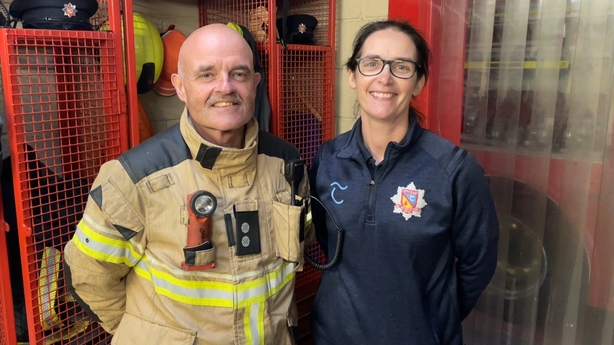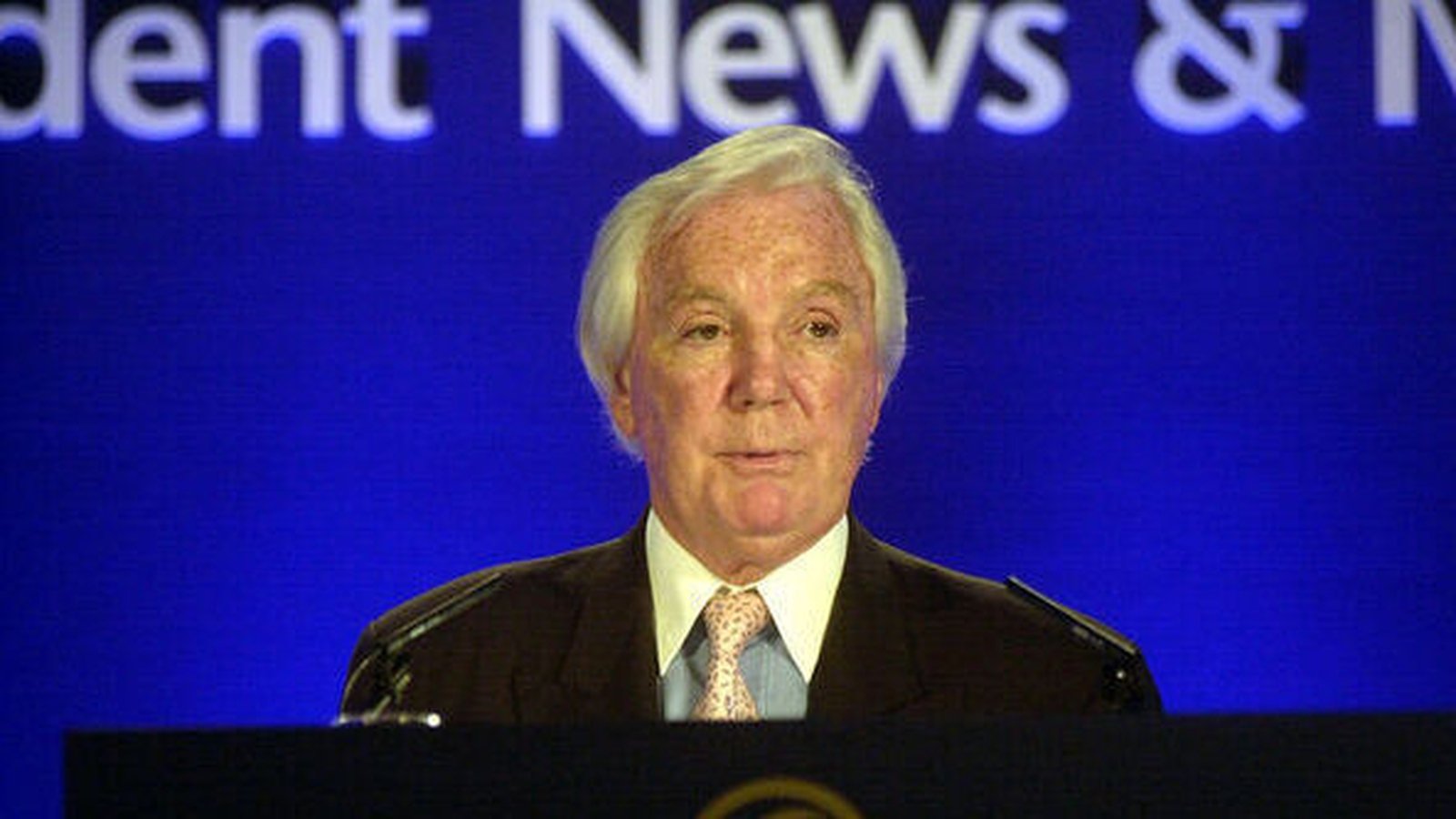Informing a family that their loved one has died in a collision is “without a doubt the hardest thing that any guard has to do throughout the country”, a sergeant has said.
Sgt Tony Miniter of Limerick’s Henry Street Garda Station has described giving the harrowing news as “heartbreaking” for both the families who receive it as well as those who have to deliver it.
He said that those who are on the receiving end of such devastating news “will not see it coming”.
His comments come during a devastating year on Irish roads, in which 71 deaths have been recorded while many others have been left with injuries that will change their lives forever.
Speaking to RTÉ’s This Week, he said: “Everybody seems to think that it’s other people’s lives, other people’s tragedies, but it is everybody that can be affected by it.
“For those times that I’ve had to break the news, the disbelief in people’s eyes is heartbreaking. It’s heartbreaking for the members that have to go to it and far more heartbreaking for the families who receive that news.
“And how any family can continue after receiving the news that they have lost a loved one, I have huge admiration for them because that is beyond my wildest nightmares.”
He described one occasion where he volunteered to go to the home of a young man who had been killed in a crash.
“I remember waiting outside the door building up the courage, because I had this bomb.
“And it literally is a bomb, I was going to destroy these people with the words that I was going to say.
“I was building up the courage to go in and say the words to this couple.
“While I was waiting outside there was a person inside the house and they spotted the patrol car.
“I saw the mother, she saw me, so went straight in and knocked on the door.
“She said ‘everything alright guards?’ and I said look ‘are you Mrs X’, she said ‘I am’, so I said ‘can I come in for a moment?’.
“So my colleague and I sat in her kitchen and she knew there was something seriously wrong.
“I said ‘I’m sorry but your son has been killed in a road traffic collision’ and there was silence.
“Then left it a couple of seconds and I had to say it again.
“I destroyed her life.”
Sgt Miniter said everyone’s life as they know it is over after those moments, and added that the reason he can “tend to be quite tough” on enforcement is because he never wants to break such news to people.
“I don’t want to have to break that news to anybody ever again, I don’t want to have any of my colleagues to break that news to a family ever again, and one of the tools we have in our arsenal is enforcement.
“That might be speed checks, it might be checkpoints for drinking and driving, it might be checkpoints for drug driving, it might be covert operations in relation to catching people for dangerous driving, all with the view of keeping the roads safe for everyone.”
This bank holiday gardaí have once again been urging people to drive safely, with a nationwide operation taking place throughout the weekend.
Emergency services on the frontline regularly come up against difficult scenes, and many of those working in this area are also engaged in education campaigns to try to warn people of how getting distracted for a split second can lead to unimaginable tragedy.
The Road Safety Authority, gardaí, ambulance staff, local firefighters and many more are engaging with people on these issues.
Sgt Miniter has been giving talks as part of the Life Saver Project, which started in 2006.
He estimates that he has spoken to around 80,000 people about road safety over the years.
When asked if he thought there was any particular reason behind the more recent rise in road collisions, he said there is no singular cause.
“It could be a set of keys falling to the footwell of a car and the car veers across the road a little bit, it could be people who are very drunk, it can be people who are very high on drugs. It’s not just one thing.
“I’ve been involved in investigations into fatal collision where people did everything right, they might’ve made one mistake, or somebody else made the mistake that resulted in them getting killed.
“It’s very important for people to realise that it’s not just drinking and driving, the roads are a very dangerous place.”

In Clonmel, the Tipperary Fire Service’s Assistant Chief Fire Officer Carol Kennedy gives classes on community fire safety, which includes road safety.
She said: “We’ve had a lot of events over the years where we brought in TY students, and we’d set up a road traffic accident with casualties inside and we’d cut them out so if they were [ever] involved in it they wouldn’t be afraid.
“We would give them an indication of what we would see on the road, of some of the things that we come up against.
“We’d definitely be encouraging them to keep within the speeding limits, to wear seatbelts, and to sit correctly in the car in the passenger seats because what we would have noticed in the past would have been that, especially teenagers, would have put their feet against the dashboard.
“And even though they’re wearing their seatbelt if you get a front-on collision that can cause huge injuries.”
Asst Chief Kennedy also said that she would notice trending times that accidents tend to occur.
“After a really sunny period, then when you have a downpour after you get slippery roads.
“In winter – the first ice. People aren’t familiar with it again so they are not slowing down, where as once you have a couple of bad days people tend to react better to it.”
Clonmel’s station is retained, meaning those working at it live locally and are on call.
Station Officer Stephen McEvoy said that when they respond to collisions, there’s always a good chance that they could know the people involved in them.
There have been cases in retained stations across the country where firefighters have arrived at the scene to see friends or family involved in incidents.
“It’s your own town, so someone will more than likely know a person in the car.”
“It puts a lot more pressure on the crews going to a call, but again we’re trained and have a task to sort out.”
He said they will then chat after a call and if anyone was affected then the supports are there.
“Fire crews are like families, so I’ll know by talking to you if you’re in my crew, if you’re quiet after a call I’ll know there is something wrong.
“So we’ll sit down, chat, have a cup of tea, and if the crew ever need a bit of help or someone to talk to we can organise that as well.”
Source link
 TG4 TV PC to TV
TG4 TV PC to TV
